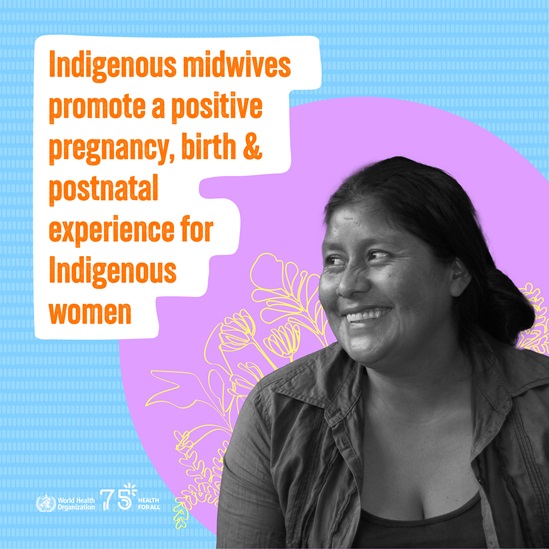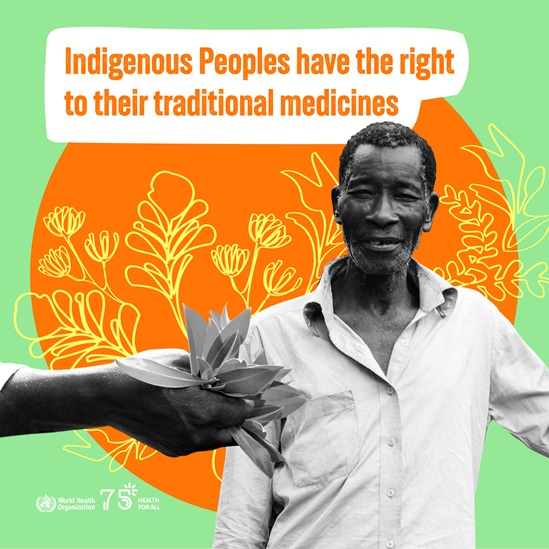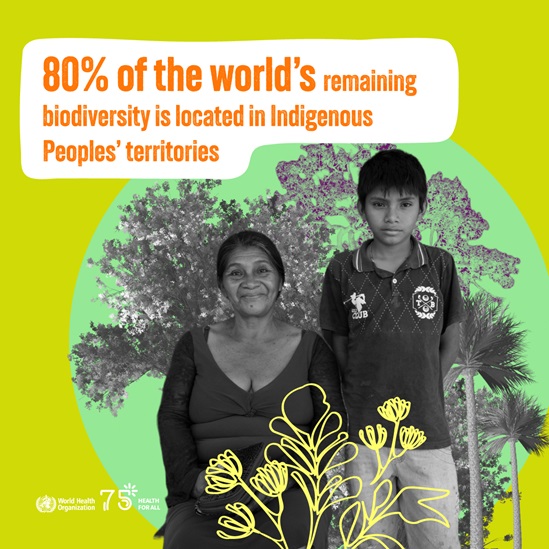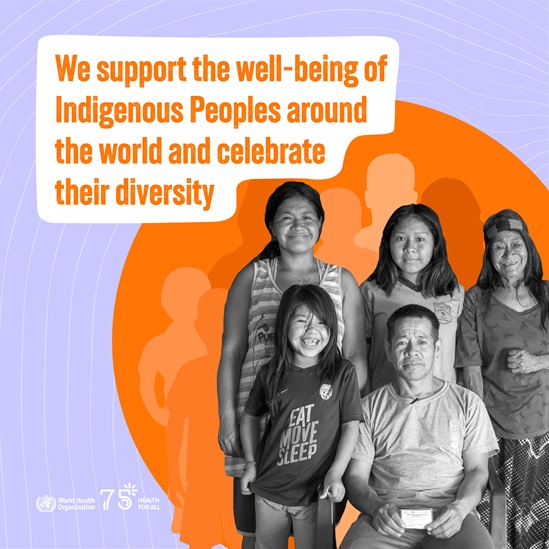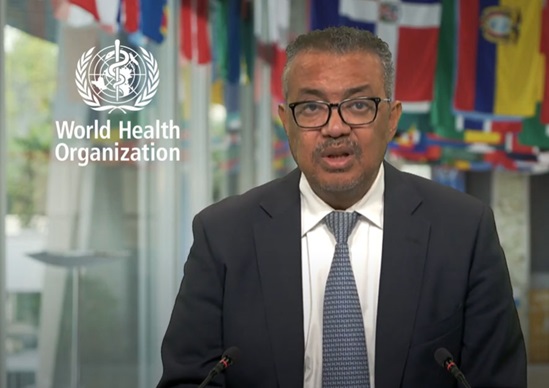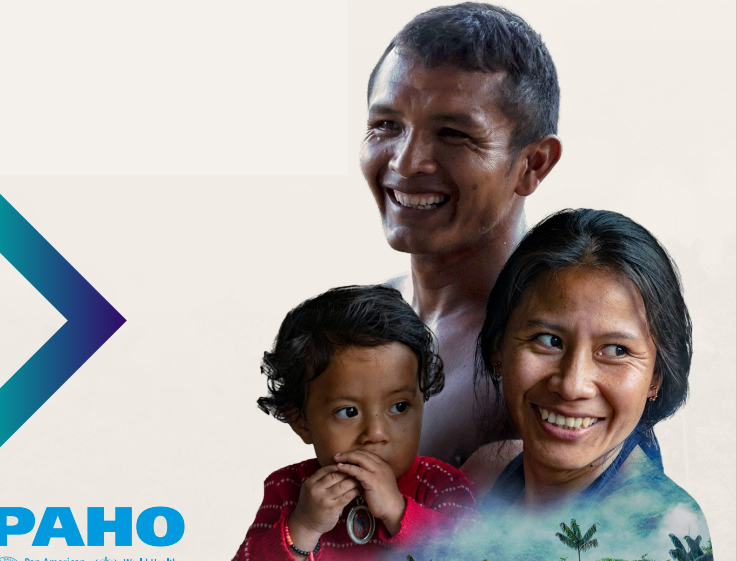
Global Plan of Action for the Health of Indigenous Peoples
Overview
Indigenous Peoples are custodians and practitioners of unique cultures and ways of relating to people and the environment. They possess social, cultural, economic, and political characteristics that are distinct from those of the dominant societies in which they live. Indigenous Peoples constitute over 6 per cent of the world’s population and are spread across all regions. Globally, there is an estimated 476.6 million Indigenous Peoples.
Indigenous Peoples' concept of health and well-being is holistic and encompasses spiritual, environmental, cultural, and social dimensions in addition to physical and mental health. They view health as both an individual and a collective right, strongly determined by community, land and the natural environment. Indigenous Peoples’ approach to health is a balance of spirituality, traditional medicine, biodiversity and the interconnectedness of all that exists. This leads to an understanding of humanity in a significantly different manner from that of mainstream society.
Indigenous Peoples often face considerable barriers in accessing medical services and suffer from worse health outcomes than non-Indigenous populations. Life expectancy is estimated to be up to 20 years lower and they are more likely to experience disability and reduced quality of life, and ultimately die younger than non-Indigenous peoples. Indigenous mothers and children experience higher rates of mortality and morbidity.
In May 2023, the 76th World Health Assembly adopted Resolution 76.16 on the Health of Indigenous Peoples.
The resolution requests the WHO Director-General to develop a Global Plan of Action for the Health of Indigenous Peoples, in consultation with Member States, Indigenous Peoples, relevant UN and multilateral system agencies, as well as civil society, academia and other stakeholders, in line with WHO’s Framework of Engagement with Non-State Actors, taking a life-course approach, with a particular emphasis on reproductive, maternal and adolescent health, and with a specific focus on those in vulnerable situations, and bearing in mind local context.
The development of the Global Plan of Action is led by the Gender, Rights and Equity department at WHO.
Global snapshot (as of June 2025)
Global data on Indigenous Peoples’ health remains limited, mostly due to the lack of ethnicity-disaggregated health information. Still, available evidence shows that Indigenous Peoples face worse health outcomes than non-Indigenous populations in every region, shaped by persistent structural, economic and cultural inequalities. These include higher maternal and infant mortality, greater prevalence of chronic and communicable diseases, lower life expectancy and barriers linked to land loss, discrimination, economic insecurity and systemic exclusion.
Regional issues:
- Africa: Indigenous communities experience high rates of disease, maternal and infant mortality and communicable illnesses. Challenges include limited access to care, poor infrastructure, systemic discrimination and forced displacement.
- Americas: Chronic illness, mental health issues and poor maternal care are widespread. Health outcomes are shaped by historical trauma, structural inequities, discrimination and lack of culturally inclusive services.
- South-East Asia: Maternal mortality and mental health are major concerns. Barriers include workforce shortages, insufficient infrastructure and lack of culturally competent care.
- Europe: Indigenous Peoples face high rates of chronic illness and mental health conditions. Displacement and loss of cultural identity continue to impact well-being.
- Eastern Mediterranean: Data is scarce, but existing information points to economic, cultural and geographic barriers to care.
- Western Pacific: Life expectancy gaps are stark. Chronic disease, maternal and child health disparities and intergenerational trauma are key challenges.
News
Related WHO activities
Multimedia
Events
Links / Resources
Contact
Publications


